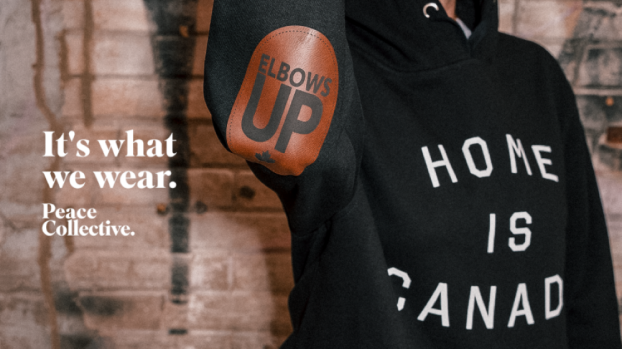GOING FOR GROSS RATING PURRS
Wait till Quebec legislators hear about this one. The Whiskas cat food company last week launched the Canadian rollout of what it is calling the first-ever television commercial created specifically for cats. The 30-second spot, which actually debuted two years ago in the U.K., features a variety of images and sounds that feline focus groups – yes, you read that right – indicated were popular among mousers: specifically, images of mice, fish and birds, overlaid with meowing, tweeting and squeaking sounds. The tests, conducted at the Waltham Centre for Pet Nutrition, suggest that about 60% of cats will respond to the ad, with actions ranging from ear-twitching and head-cocking to pawing and sniffing of the TV screen. A 15-second spot has also been developed to appeal directly to cat owners. No word yet on how they’ll react.
SUITS SURFING THE NET
Canadian sales professionals travelled more often for business last year than they did in 1998 and a growing percentage of them booked their trips over the Internet. These shocking revelations come from the Canadian Professional Sales Association (CPSA), which conducts an annual survey on the business travel habits of its members. As might be expected in a buoyant economy, travel volume was up over the previous year, albeit by a relatively small percentage. Perhaps the most notable finding of the study, which was completed by 1,000 CPSA members, is that the percentage of respondents booking hotel, car and airfare reservations over the Internet quadrupled to 5.9% from only 1.3% in 1998. Of the 77.3% of respondents who use the Internet, half (49%) used the Web to browse for travel information, an increase of about 10% from the previous year. The typical CPSA business traveller is a 45-year-old male, with an average income of $82,140.
ONLINE BANKING BREEDS DISAFFECTION
Perhaps not surprising in this age of online courtship, a recent study has revealed that consumers who bank online are more likely to be playing the field. The study, conducted by St. John’s, Nfld. marketing consultancy the Bristol Group, surveyed close to 1,600 adults in Canada and the U.S. regarding their relationships with their banks. Entitled Future Imperfect: Banking on the Internet, the study concluded that while the majority of North Americans deal with one primary banking institution, their fidelity declines noticeably when they move online. For example, Americans, who give – on average – 80% of their banking business to a single financial institution, provide only 48% of their business to a primary institution once they move online. The study’s author, Dr. Jim Barnes, says, "The Internet has given power and freedom to financial services customers by broadening their choices to global proportions."


























